Tuberculosis vaccination
BY LAWRETTA EGBA
Bill Gates, in his Ted Talk of 2015 titled “The Next Outbreak? We’re Not Ready” had warned about the possibility of a pandemic and the world’s unpreparedness for it. In his words, “if anything kills over ten million people in the next few decades, it’s most likely to be a highly infectious virus, rather than a war. We have invested a lot in nuclear weapons but very little to stop an epidemic. We’re not ready for the next epidemic.”
Today, reality as we know it has done very little to disprove his claim; we’re in it and we’re stuck. As at the time of writing this, the world health organization (WHO) has the total number of confirmed cases at 1,317,130 and 74,304 deaths in 212 countries, areas or territories. Whether the disease originated in Wuhan or it has been in existence for decades, what we know for sure is that it affects the respiratory systems of humans and that it is easily transmitted.
Since the issue came out in full force, different countries have put various systems in place to curtail its spread and one of the widely accepted ways is that of social distancing. It is also what has led the world in its entirety to stay indoors. While this might seem like a good solution to contain the spread of the pandemic, its financial and economic implications are immense and can lead to a global catastrophe of its own – and nobody is left out. In the United States alone, there have been over ten million job losses. While data is not our forte in Nigeria, the truth is that we don’t need analysis to see the ripple effect of the times; this is what has brought us to the fix we are currently in. Do we risk being infected by going out to work or do we stay indoors and possibly starve? For many people, this is not an easy choice to make.
Coronavirus (& The Lockdown) – The Devil
Advertisement
COVID-19 can be transmitted to a non-carrier if he or she touches contaminated surfaces or objects and then touches his or her eyes, nose or mouth. In order to avoid touching contaminated surfaces and meeting people who have it, the world has gone indoors. By making unaffected people stay indoors, we reduce the possibilities of transmission from one person to another. While this is the widely accepted consensus, there are a number of things wrong with it.
The first challenge is that the idea of staying home assumes that people have homes and have enough space to keep their distance. Where 30 people stay in a tight makeshift apartment, the entire process is futile. The next, and more interesting loophole in the lockdown plan, is that individuals are expected to stay home unless they need essentials in which case they can go to supermarkets as well as other general spots like pharmacies and some financial institutions. Of course, there is no other option because if people had to stay indoors without the things they require for survival, there will be more things than the pandemic to worry about. However, the exemptions provide an even faster way to contract the disease. As opposed to your office where you are limited to few people, a supermarket is a beehive of multiple people from literally anywhere.
Some supermarkets, in an attempt to keep the number of people inside under 20, end up with long queues outside with people on long, tight queues. It is the same way popular actress, Funke Akindele was arrested for having a party with close knit members of her team whose whereabouts she had a level of control over and then brought out to the growling of numerous media representatives in need of a statement. Who are we kidding?
Economic Implication – The Deep Blue Sea
Advertisement
Holding constant the assumptions that staying at home does curtail the spread and people will not actually contract the disease by going to places not restricted by the lockdown, there is the question of “for how long are we going to be inside?” The number of cases in Nigeria is on a steady rise, albeit marginally. However, many countries had far less numbers given the same number of days after first exposure – France had 212 cases on its 40th day and now has over 70,000 cases. In other words, we are at the crux of the control system. Anything we do now will determine whether we flatten the curve and commence a downward progression or if this get completely out of control; the latter option being one we have no chances of surviving.
To contain it, we have to wait indoors for all the people who have got it to be found, contained and treated before the rest of the world is allowed to go back outside. For us to do that, we need to ensure that the people that have it are first contained otherwise it will be futile and almost stupid to let us return to life as we knew it. The clear challenge here is that it is not feasible to contain everybody that has it especially because we don’t know and are simply incapable of knowing. Iceland is the country that has carried out the most tests; yet, the country has only tested 5% of its entire population. The United States has also tested less than 0.5%. As of the 22nd of March, Nigeria had tested less than 200 people, a stark difference to South Africa which had carried out around 15,000 tests at the time.
Even if Lagos state successfully tests 100 people a day, for a population of over 20 million people, it will take more than 5 years until we are able to test 1% of the population. In other words, not only do we not know who already has it, the possibility of large scale randomized tests is non-existent. So more people could be contracting it in their homes than we think. Yet, let us still hold on to the assumption that staying indoors does make everything better.
The Mayor of Los Angeles believes the first wave wouldn’t clear until June and it appears the rest of the world is thinking in that direction. If that is the case, you can bet that stalling economic activities will soon have us in a much bigger mess. Ethan Harris, head of global economics at BofA has explained that they now expect the pandemic to cause a global recession in 2020, similar to the recessions of 1982 and 2009. The Nigerian Minister of Finance, already announced that there will be cuts to non-critical capital expenditure. The stock market has had its fair share of the plunge as well.
Nigerian Bureau of Statistics places the contribution of the informal sector as 41%, so not many people will be able to earn from the comfort of their homes either, as the Nigerian economy isn’t made up of people who work remotely. The current oil situation does not help as well. Data from Stears Business shows that “the price of oil hit its lowest level in 17 years, declining from $59 to $28 per barrel within a month.” With the local price of oil in Canada at a dip of below $5 a barrel, we can only wish that things don’t further decline. Importation-dependent businesses and travel-based businesses will no doubt need to be stalled as well until the dust settles.
The financial implication of this is that there will be more job losses, more hungry people, and more security risks. The impact comes in two ways: The first is the direct impact from loss of jobs and businesses that have had to shut down operations. The second is our international affiliation. Our overreliance on importation has hamstringed too many businesses and it is only set to worsen as far as this year is concerned. In a situation where things do get better in a few months, we really cannot suppress economic activity and turn it back on with the expectation of order being restored.
Advertisement
Much like many other countries like Australia and Canada have put in effective measures to curtail the negative financial impact at least in terms of ensuring the survival of citizens, the Central Bank of Nigeria (CBN) has set the ball rolling with its initiatives. CBN, to mitigate the negative impact of the pandemic has explained that it will delay loan repayments from SMEs that are under its intervention funds. It also came up with a stimulus package totalling ₦3.5 trillion and the goal is to lend money to businesses that are most affected like airline service providers, the pharmaceutical and healthcare sector as well as the manufacturing sector. While this is, of course, commendable, its impact on this on the average trader or the uneducated citizen is still not clear.
What can, however, reach the masses are the relief packages. The apex bank introduced a stimulus package to help households and small businesses that have been hit the hardest by the adverse impact of the coronavirus pandemic. Lagos State also announced an economic stimulus package for residents, targeting 200,000 households in the first phase with each package expected to last about 14 days. Ogun State also targets 500,000 households for its stimulus package. Yet, in both states, there are already reports about diversion of these items. In Lagos, many have reported that only people with certain political affiliations are receiving these packages.
There is a viral video on social media where a woman in Delta State laments that even though they have been told to stay at home, she has no money and has many children to feed so she cannot afford to. In this same state, a number of military personnel have gone ahead to enforce the law through the extrajudicial brutality of flogging people for flouting lockdown orders.
Nigerians are hustlers; we have been known to seek out ways to survive in spite of the madness and the deficiencies we are presented with on a daily basis. With the current pandemic, our hands are tied. For so many, the options are set somewhere between contracting a disease capable of having them lose their lives and watching their families go hungry. The lines separating the options tend to get blurry as you go further down the class system. For many people, there are higher chances of losing their lives by being hindered from the little economic activities they owe their survival to than the attack of the virus itself.
Advertisement
We are no longer trying to survive a pandemic; we are trying to solve all the problems we face in Nigeria at the same time – Housing challenges, power challenges, infrastructural challenges like good healthcare, poor financial systems, greed, and more. Needless to say, social welfare is only sustainable in the short term. Even with many establishments putting on their social responsibility hats, contributing to relief funds or sharing food packs, their efforts will be nothing short of unsustainable. What is sustainable for the long term is capitalism and a vibrant economy. Nigeria has survived a pandemic before. However, the difference between what we are facing today and Ebola is that we did not need to have a mass lockdown.
Today, we have now been met with a holistic problem and there are no clear-cut solutions. There’s no eliminating the existence of the pandemic for now. Our only option is to come together to face the sea, increase our chances of finding a miracle that will part this sea and ensure that we all cross together as one nation, or more people will drown in the chaos of survival than what the pandemic may have ordinarily caused.
Advertisement
Egba is based in Lagos.
Advertisement
Views expressed by contributors are strictly personal and not of TheCable.
1 comments
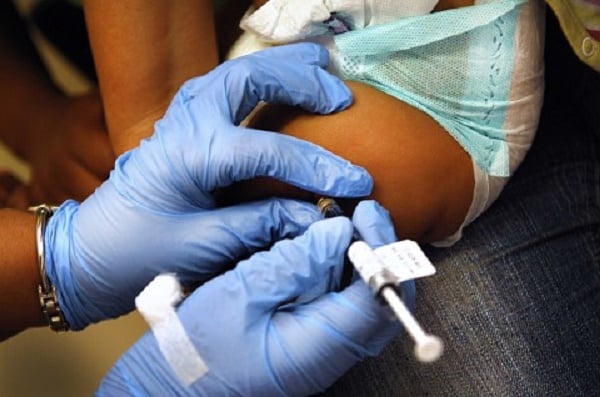
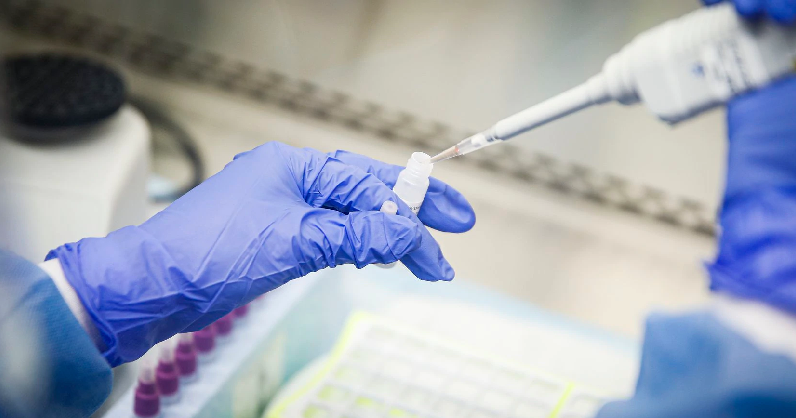
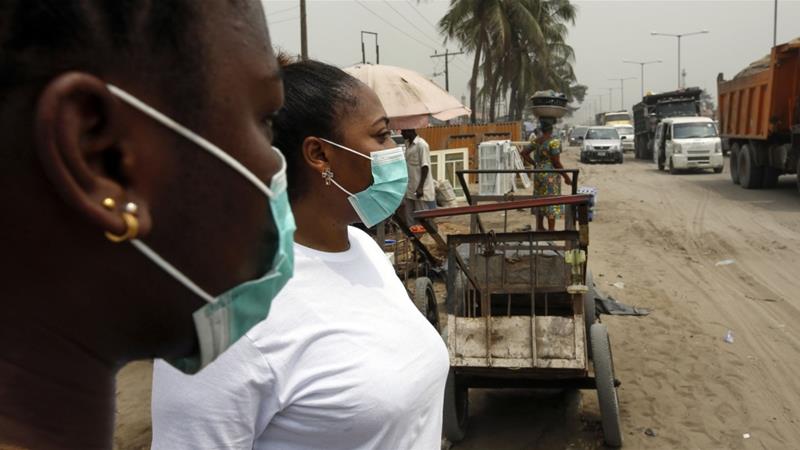
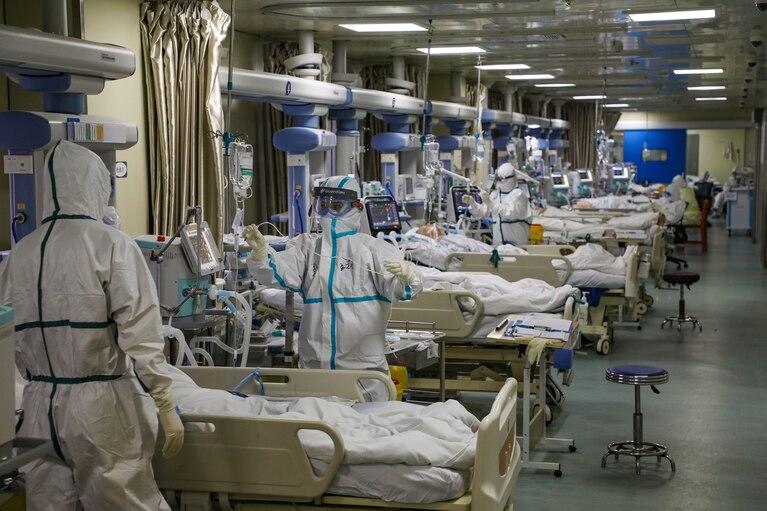


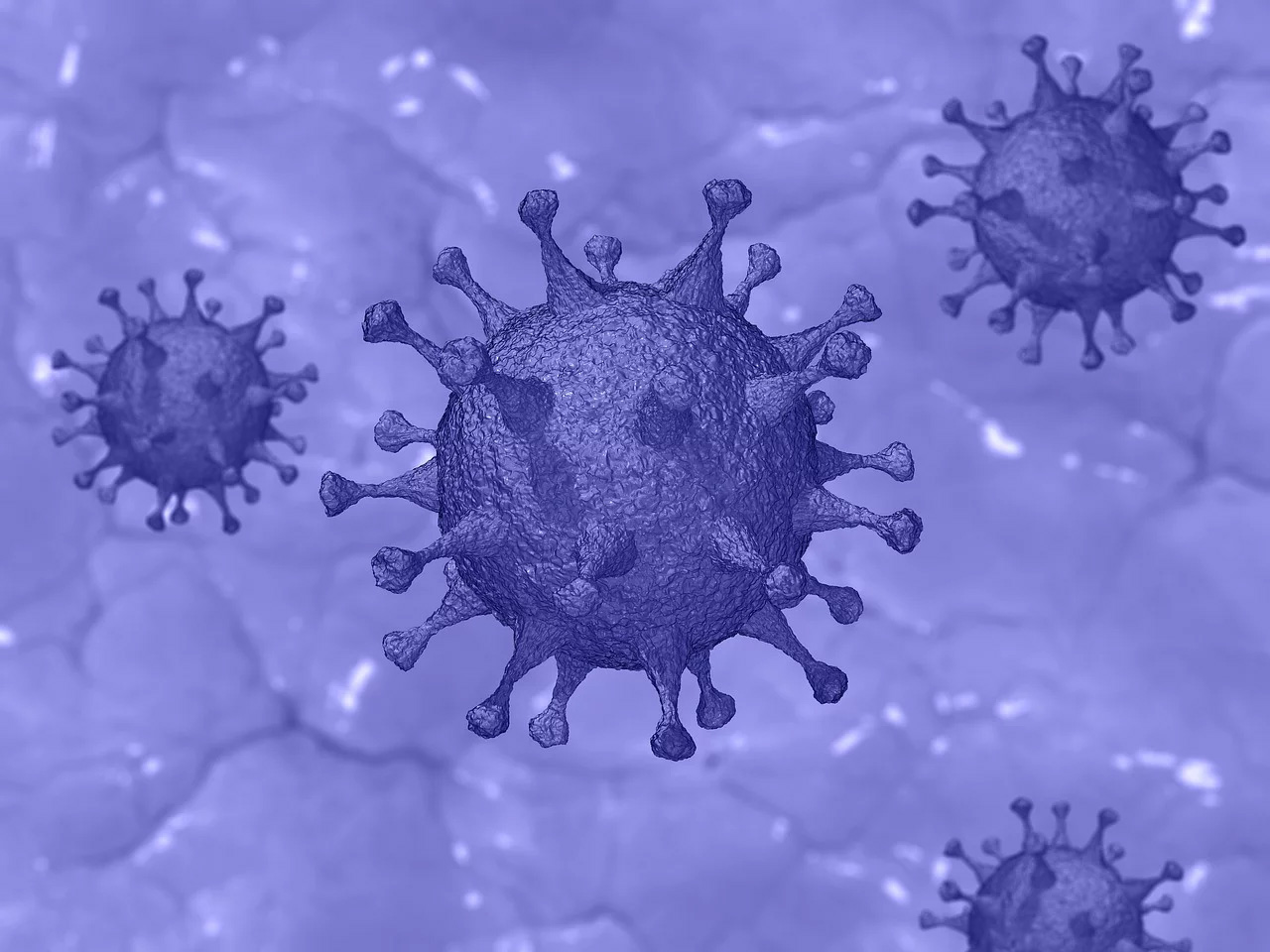
Well said. We are truly facing many problems not just Covid – 19. Really hoping for the best right now for Nigeria.